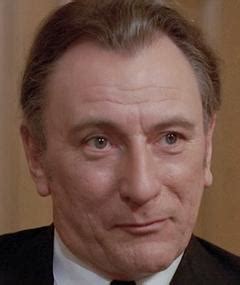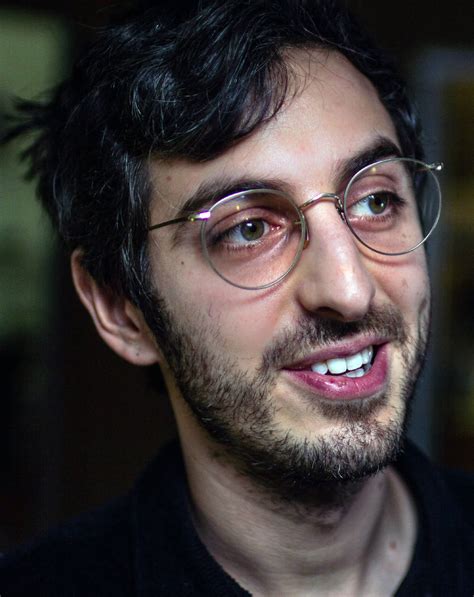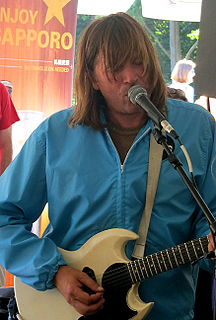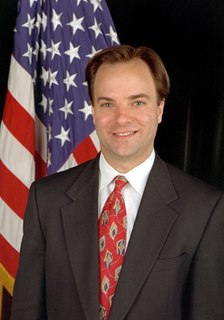A Quote by Louis L'Amour
When at the typewriter I am no longer where I site but am away across the mountains, in ancient cities or on the Great Plains among the buffalo. Often I think of what pitiful fools are those who use mind-altering drugs to seek feelings they do not have, each drug taking a little more from what they have of mind, leaving them a little less. Give the brain encouragement from study, from thinking, from visualizing, and no drugs are needed.
Related Quotes
The similarities between street drug abuse and psychotropic prescription drug use are disturbing. Both types are toxic. Both can cause psychosis, damage the brain and other organs, and even cause death. And neither type of mind-altering drugs, legal or illegal, treats disease. It's important to recognize that the only significant difference between many prescription psychotropic drugs and street drugs such as "speed" and "downers" is that prescription drugs are legal.
That's what I hate about the war on drugs. All day long we see those commercials: "Here's your brain, here's your brain on drugs", "Just Say No", "Why do you think they call it dope?" … And then the next commercial is [singing] "This Bud's for yooouuuu." C'mon, everybody, let's be hypocritical bastards. It's okay to drink your drug. We meant those other drugs. Those untaxed drugs. Those are the ones that are bad for you.
I do think that taking these sort of natural mind-opening and altering drugs does have an effect. Doors and windows that you didn't even know were in the house are open and you're seeing views you've never noticed before. Even though, when you come down, the world sort of goes back to the way it was, an inkling of that transformed vision and experience of the world remains. I think it's a little bit medicinal, and over time it sort of builds up a new experience of the world. That's when I think smoking pot and doing drugs is really good for you, spiritually speaking.
Drug use, some might say, is destroying this country. And we have laws against selling drugs, pushing drugs, using drugs, importing drugs. And the laws are good because we know what happens to people in societies and neighborhoods which become consumed by them. And so if people are violating the law by doing drugs, they ought to be accused and they ought to be
convicted and they ought to be sent up.
People use drugs, legal and illegal, because their lives are intolerably painful or dull. They hate their work and find no rest in their leisure. They are estranged from their families and their neighbors. It should tell us something that in healthy societies drug use is celebrative, convivial, and occasional, whereas among us it is lonely, shameful, and addictive. We need drugs, apparently, because we have lost each other.
I want to make it clear, though, that I am not trying to say these are bad drugs. Opioid medications in the short term for severe pain are very effective. The problem is when they are used for long-term chronic pain. No one wants anyone to suffer and be in pain. But realize how addictive these drugs are and get off of them as quickly as you can. So 'Warning: This Drug May Kill You' is really more about educating people about these drugs so that everyone can make their own decision about their pain versus the addictive nature of these drugs.
Simply because you take drugs does not mean you are an expert on them. In fact, there seems to be an inverse relationship between drug consumption and drug knowledge: more of the former results in less of the latter. If that seems obvious, you have probably gone easy on the former, though this relationship only applies to curious people who are seriously interested in drugs.
Pharmacogenomics holds great promise to shed scientific light on the often risky and costly process of drug development, and to provide greater confidence about the risks and benefits of drugs in specific populations. Pharmacogenomics is a new field, but we intend to do all we can to use it to promote the development of medicines. By providing practical guidance on how to turn the explosion of pharmacogenomic information into real evidence on new drugs, we are taking an important step toward that goal.







































